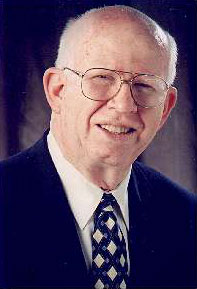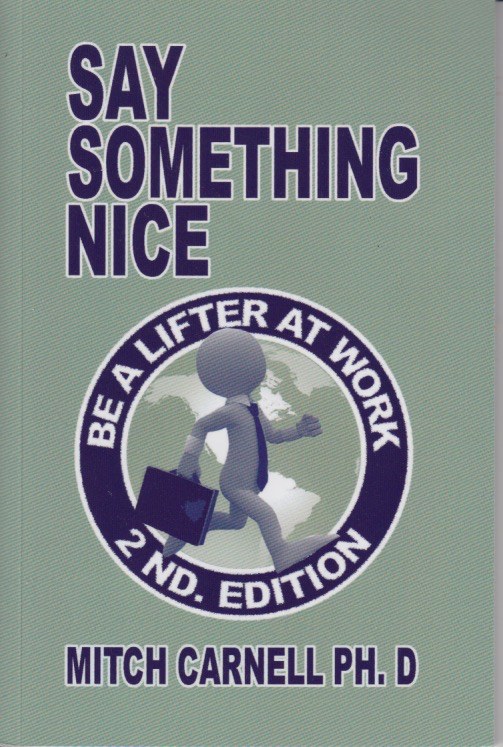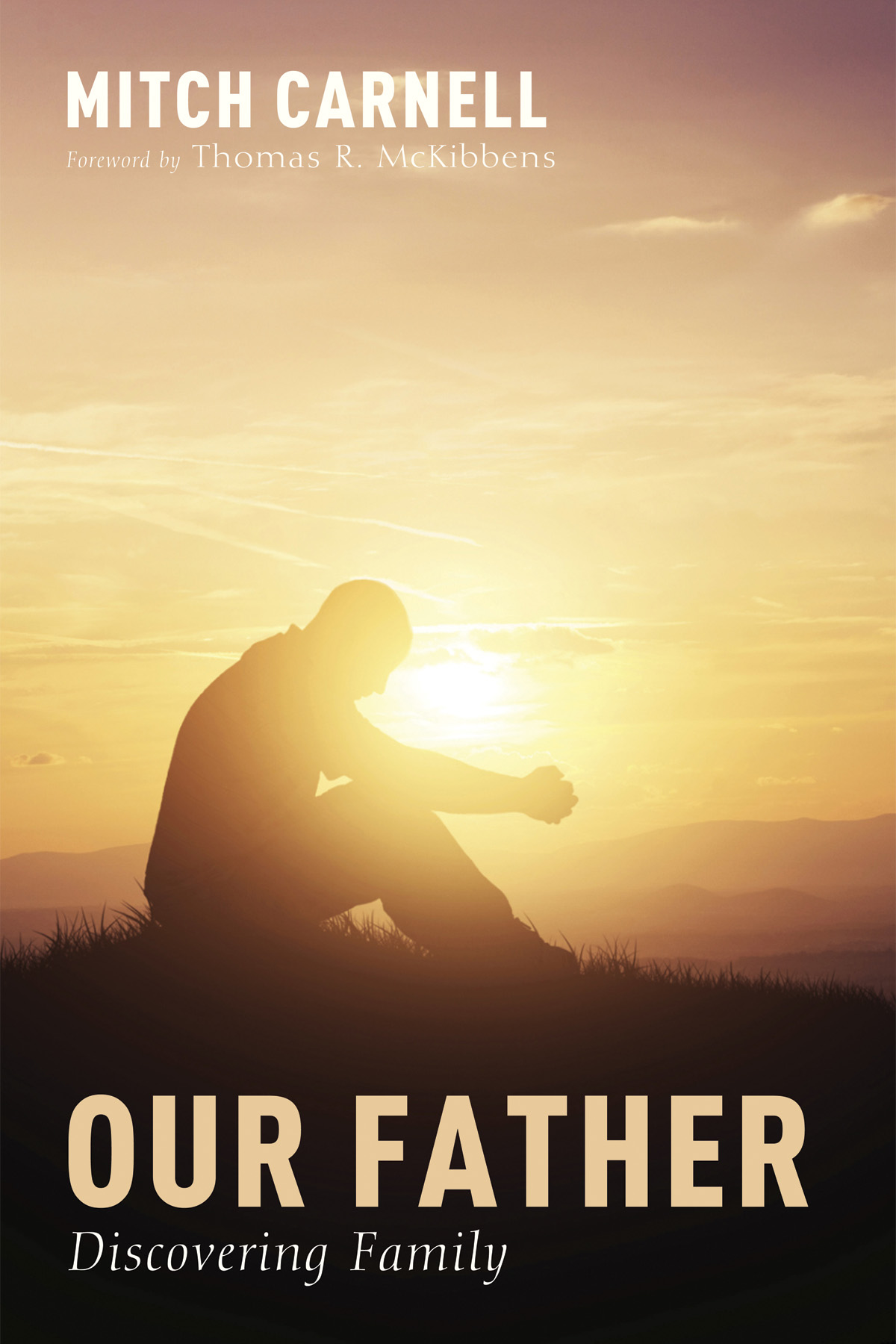 Whoever pursues righteousness and kindness will find life and honor. (Proverbs 21:21)
Whoever pursues righteousness and kindness will find life and honor. (Proverbs 21:21)
There is, in the American character, an exceedingly hopeful and optimistic spirit. I believe righteousness and kindness are embedded in the hopes and dreams of this nation. Though sometimes twisted in irrational ways or hidden behind today’s political climate, we continue to share, as Americans, a desire to welcome the stranger, to see the rejected of other lands as a new and potentially vital part of our own. Yet, because of various pressures and difficulties, that vision — that hopeful trajectory of a positive future — is threatened. In some areas of our country where crime and illegal immigration have appeared to increase in tandem, it is tempting to leap to associative conclusions.
The complicated dynamics of our current time should not be minimized, nor should the legitimate concerns of the many caught up in the maelstrom of confusing policies and inappropriate behaviors on all sides diminish the power and necessity of welcoming the stranger. At the bedrock of our nation’s character (and inscribed on the pedestal of the Statue of Liberty) are these words from Emma Lazarus’ “The New Colossus”:
Give me your tired, your poor,
Your huddled masses yearning to breathe free,
The wretched refuse of your teeming shore;
Send these, the homeless, tempest-tossed to me,
I lift my lamp beside the golden door!
These sentiments correspond well to what Jesus intoned in the face of harsh opposition as he continued to reinforce: “Love the alien as you love yourself; for you were once aliens in the land of Egypt” (Leviticus 19:34).
The tendency for many, and the constant temptation for all, is to blame problems on those who are new or different or those we simply don’t understand. Yet, consistently in this country and throughout Christian history, we remember the legacy of the stranger, the heroic actions of the unwanted, the new insights and contributions of the disregarded and even despised.
Let us “pursue righteousness and kindness and find life and honor” and live out biblical wisdom — together — as we seek those new insights so necessary for our spiritual, intellectual and emotional growth. Watch carefully around you today — at the store, in the office, around the neighborhood, on the news — and look for positive signs of compassion, openness, courage and new insights about living together in harmony. And as you do, consider another passage from the Bible:
But this is the one to whom I will look, to the humble and contrite in spirit (Isaiah 66:2).
Just as the Statue of Liberty represents the spirit of human hope and the ideal of this nation and democracy, this verse from Isaiah is a bold reminder of our biblical hope — and spiritual goal. God’s expectation is for our humility to exceed our suspicion. Though tempted to criticize and look down on those not in our circle of friends, the biblical calling is to bless, welcome and empower “the least of these” (Matthew 25:40).
Now, let’s look at the full text of Emma Lazarus’ poem. She, by the way, was from a Jewish immigrant family originating from Germany and Portugal. Notice in her sonnet the echo of this biblical theme of humility and welcome while alluding in comparison to the ancient Colossus of Rhodes:
Not like the brazen giant of Greek fame,
With conquering limbs astride from land to land;
Here at our sea-washed, sunset gates shall stand
A mighty woman with a torch, whose flame
Is the imprisoned lightning, and her name
Mother of Exiles. From her beacon-hand
Glows world-wide welcome; her mild eyes command
The air-bridged harbor that twin cities frame.
“Keep ancient lands, your storied pomp!” cries she
With silent lips. “Give me your tired, your poor,
Your huddled masses yearning to breathe free,
The wretched refuse of your teeming shore.
Send these, the homeless, tempest-tossed to me,
I lift my lamp beside the golden door!”
Let us together, with genuine humility, ponder what this means. In our churches and places of worship, and in our nation as a whole let us deliberate with mutual respect: How wide is the door? How humble and contrite is our spirit? Consider the role of a Christian regarding the various social issues of our day. The ongoing controversies with immigration, how we respond to refugees, the emotional debates surrounding LGBTQ concerns, relationships with the Muslim community, concerns about the those without homes — these and many other issues remain highly charged within and outside the Christian community. Without a coherent and well-articulated message from active citizens who are also committed Christians, all of us will continue to struggle.
Let’s face it, humility, kindness, righteousness and welcoming the stranger — these are tough in today’s political and social climate. They are also very biblical, and remain as necessary today as they have ever been. Let us work together and rise to the challenge.
Lord, grant us the serenity to accept the things we cannot change, courage to change the things we can, and wisdom to know the difference. Amen.
— Reinhold Niebuhr
*David Jordan is teaching pastor of Providence Baptist Church in Charlotte, North Carolina.













